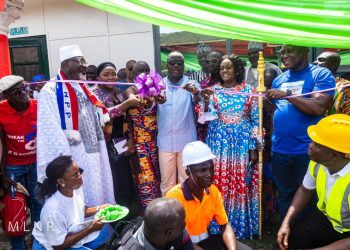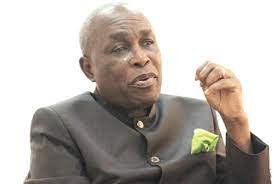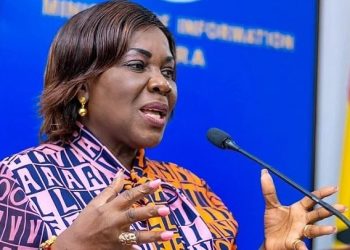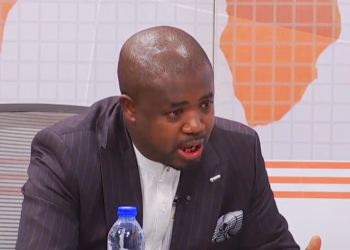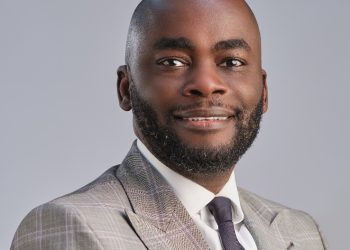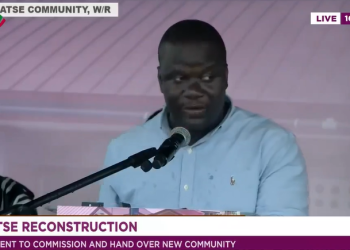The National Ambulance Service will demand money for fuel from patients in non-emergency situations who require the service of the ambulances.
This is according to the Deputy Director in Charge of Operations, Foster Ansong-Bridjan.
He said the money collected will help sustain the Service.
In an interview with Citi News, Mr. Ansong-Bridjan said patients who cannot afford the payment will not be forced to pay.
“With the Ambulance Service, we say that our services are free, as far as emergencies are concerned. The only time that we expect someone to pay for something is when you are in a hospital and you are being asked to go and do a diagnostic investigation, like a CT scan which is not an emergency.”
“We have to sustain the service. It means that something must be paid for the fueling of the vehicle for that particular case. That doesn’t mean we are charging. But when really the persons cannot afford, we will not insist that the person must, at all cost, pay,” he said.
Ghana’s Ambulance Service has recently seen a boost with an investment of 307 new ambulances to be distributed across all constituencies in the country, with new health service officers recruited and trained to deliver primary emergency services.
Services of the ambulances are widely publicized as free but Mr. Ansong-Bridjan says some patients will be asked to pay to fuel the vehicle.
Complaints of 2015
In 2015, the issue of paying to access ambulance services came up with many patients lamenting that they were being forced by personnel to make payments before being served.
In all cases, those who paid were also not issued with receipts.
The Ghana News Agency reported that some health workers in the Tema Metropolis appealed to the Ambulance Service to issue receipts for such payments to guarantee that they were going into official coffers.
They made the appeal during the 2014 annual review meeting of the Tema Metropolitan Health Directorate held at the Tema General Hospital to review activities and statistics of the various public health institutions and sub-metros in Tema.
At that meeting, Juliana Boateng, the then Senior Emergency Medical Technician at the National Ambulance Service, confirmed that patients were sometimes asked to make payments in instances where they run out of fuel in conveying the patient to the referral point.
She, however, indicated that even though no receipts were issued for such payments, her outfit accounts for every money received.


